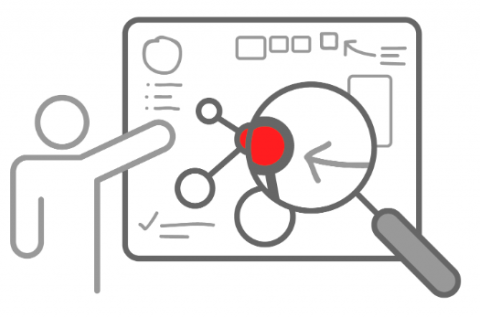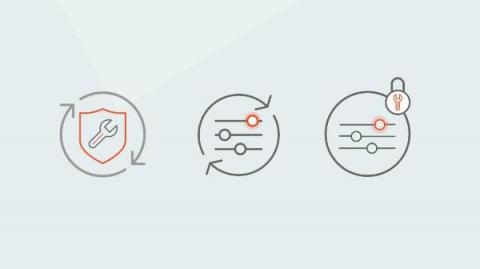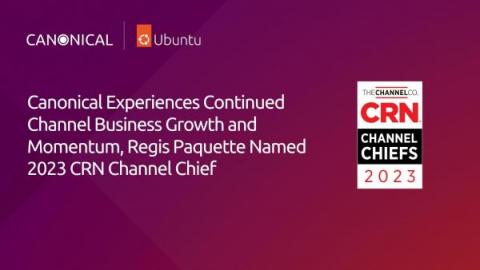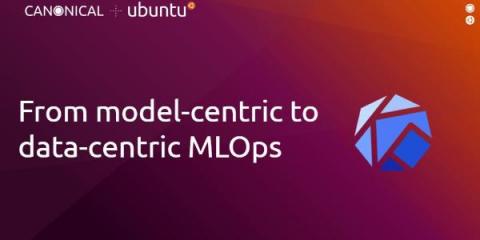Operations | Monitoring | ITSM | DevOps | Cloud
Canonical
Top CIO Challenges in 2023
Almost a decade ago, public clouds offered CIOs the possibility to explore OpEx based infrastructure to optimise their costs. A few years later, many came to the conclusion that the public cloud is not a one-size-fits-all solution to every infrastructure and operations challenge, and cloud repatriation projects gained popularity. CIOs began moving back some of their workloads to private and hybrid/multi-cloud environments to get the best of both worlds.
Cloud repatriation drivers
With the looming macroeconomic uncertainties that are affecting growth, companies are trying to control their costs by downsizing their staff and reducing their infrastructure costs. One way to reduce infrastructure costs is repatriating workloads from public clouds, which we refer to by “cloud repatriation”. According to a 2021 survey by 451 Research, 48% of respondents repatriated some of their workloads from cloud providers.
Open source security: best practices for early detection & risk mitigation
3 ways to apply security patches in Linux
When shopping for something where all the choices look similar, the feeling of choice paralysis creeps over you. This can happen when shopping for electronics, computer parts, or a pair of shoes. Choice paralysis occurs when a person finds it very difficult and stressful to make a decision with the available information. Applying security patches in Linux is a relaxing and rewarding experience when you have confidence in your process.
Is open-source as secure as proprietary software?
We’re surrounded by news of data breaches and companies being compromised, and the existential threat of ransomware hangs over just about every organisation that uses computers. One of the consequences is that we are hassled by an ever-increasing number of software updates, from phones and computers to vacuum cleaners and cars; download this, restart that, install the updates.
Secure open source MLOps for AI/ML applications in financial services
The adoption of AI/ML in financial services is increasing as companies seek to drive more robust, data-driven decision processes as part of their digital transformation journey. For global banking, McKinsey estimates that AI technologies could potentially deliver up to $1 trillion of additional value each year. But productionising machine learning at scale is challenging.
Canonical joins the Academy Software Foundation
We are proud to announce our recent decision to become Premier Members of the Academy Software Foundation (ASWF). This association aims to bring together members across the media and entertainment industry to improve collaborations involving open-source software.
Canonical Experiences Continued Channel Business Growth and Momentum, Regis Paquette Named 2023 CRN Channel Chief
6 February 2023 – Canonical, the publisher of Ubuntu, announced today that it doubled revenue for its Channel/Reseller Program in 2022, grew its active reseller base by more than 50%, and grew the overall channel business by 70%. Canonical is an industry leader in open source private clouds, the reference platform for all major public clouds. The Ubuntu operating system is the most widely used Linux distribution that runs on the desktop, workstations, and all internet connected things.
From model-centric to data-centric MLOps
MLOps (short for machine learning operations) is slowly evolving into an independent approach to the machine learning lifecycle that includes all steps – from data gathering to governance and monitoring. It will become a standard as artificial intelligence is moving towards becoming part of everyday business, rather than an innovative activity.











